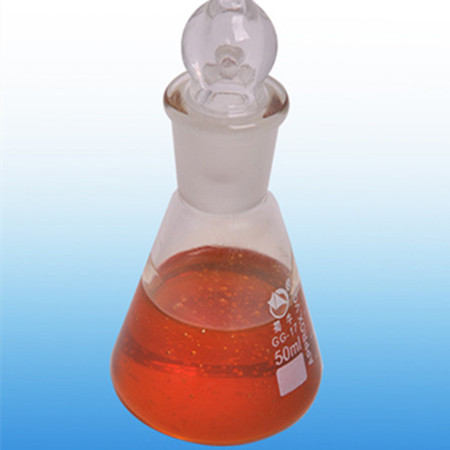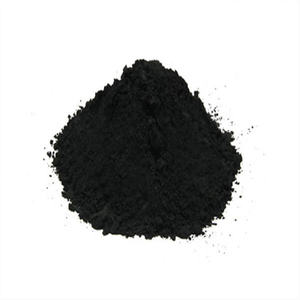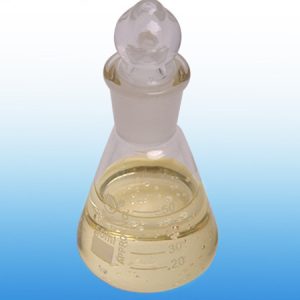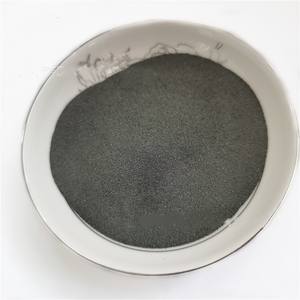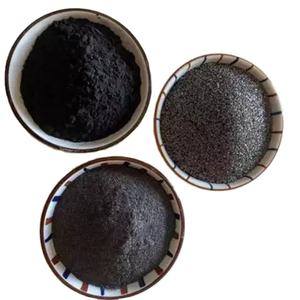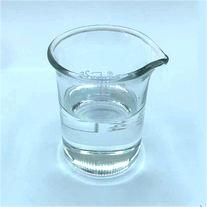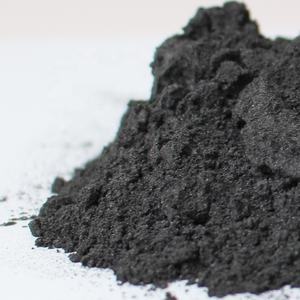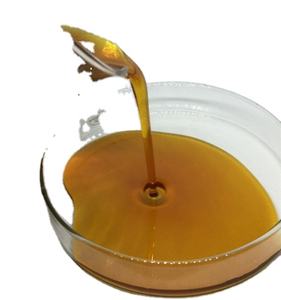One-stop lubrication solution | Discover the way to smoothness | Infomak
Title: Battling the Heat: L-TSA 46 Turbine Oil Keeps Marine Engines Roaring
(Marine Industries Lubricants High Operating Temperature L-Tsa 46 Turbine Oil)
Main Product Keywords: Marine Industries Lubricants, High Operating Temperature, L-TSA 46 Turbine Oil
1. What is L-TSA 46 Turbine Oil?
L-TSA 46 Turbine Oil is a specialized lubricant designed for heavy-duty machinery. It belongs to the Turbine Oil category, meeting strict international standards. The “L-TSA” label means it’s a premium-grade oil with antioxidants and anti-wear additives. The number “46” refers to its viscosity—thick enough to cling to metal parts under stress, but fluid enough to circulate smoothly. Marine Industries Lubricants craft this formula specifically for ships, rigs, and ports. It handles extreme pressure, prevents rust, and resists foaming. Essentially, it’s armor for engines fighting brutal ocean conditions.
2. Why High Operating Temperature Matters in Marine Settings
Marine engines face relentless heat. Turbines, gearboxes, and hydraulic systems on ships work non-stop. Friction from metal parts generates intense temperatures. Regular oils thin out or break down above 80°C. This causes sludge, corrosion, and engine failure. L-TSA 46 operates flawlessly up to 150°C. It maintains its protective film even in scorching engine rooms or near exhaust systems. High temperature resistance means fewer breakdowns mid-voyage. It cuts maintenance costs. It prevents costly downtime. For vessels crossing remote oceans, reliability isn’t optional—it’s survival.
3. How L-TSA 46 Defies Extreme Heat
The secret lies in its advanced chemistry. Base oils are refined to ultra-pure levels. Additives like zinc and phosphorus form a shield on metal surfaces. They absorb heat without degrading. Antioxidants fight molecular breakdown. Anti-foam agents keep the oil bubble-free under agitation. Detergents trap soot and contaminants. When temperatures spike, L-TSA 46 doesn’t evaporate or oxidize. It flows steadily to bearings and gears. Laboratory tests simulate months of marine operation in hours. Results prove its stability. Engineers call it “liquid engineering.”
4. Applications: Where This Turbine Oil Shines
L-TSA 46 isn’t just for turbines. It protects vital marine equipment. Cargo ships use it in main propulsion turbines. Offshore drills rely on it for hydraulic winches. Cruise liners apply it to stabilizer systems. Ferries depend on it for gear couplings. Port cranes grease their slewing rings with it. Even coastal power plants cooling turbines with seawater choose L-TSA 46. Its water-separating ability is crucial. Saltwater contamination won’t emulsify the oil. It’s certified for use in polluted harbors. Arctic tankers? Tropical freighters? This oil adapts.
5. FAQs: Your Top Questions Answered
Q: How often should I change L-TSA 46 in marine turbines?
A: Typically every 10,000 operating hours. Test oil samples every 2,000 hours. Viscosity and acidity checks reveal wear.
Q: Can it mix with other turbine oils?
A: Never. Flush old oil thoroughly. Mixing causes additive clashes and sludge.
Q: Does it work in non-marine turbines?
A: Yes. Power plants, factories, even wind turbines use it. But marine specs demand extra corrosion resistance.
Q: What happens if temperatures exceed 150°C?
A: Contact technical support immediately. Continuous overheating degrades any oil. Inspect for cooling system faults.
Q: Is L-TSA 46 eco-friendly?
A: Modern formulations minimize aquatic toxicity. Still, follow strict disposal rules. Never dump at sea.
Q: Why choose viscosity 46 over 32 or 68?
A: 46 balances flow and protection. Thinner oils (32) suit cold climates. Thicker (68) fits older, high-wear gear.
Q: Can I use it in diesel engines?
A: No. Turbine oils lack detergents for combustion soot. Use engine-specific lubricants there.
Final Note
(Marine Industries Lubricants High Operating Temperature L-Tsa 46 Turbine Oil)
Demand grows for tougher, smarter marine oils. L-TSA 46 sets the bar. It transforms heat from enemy to ally. Ships push harder, last longer, sail safer.
